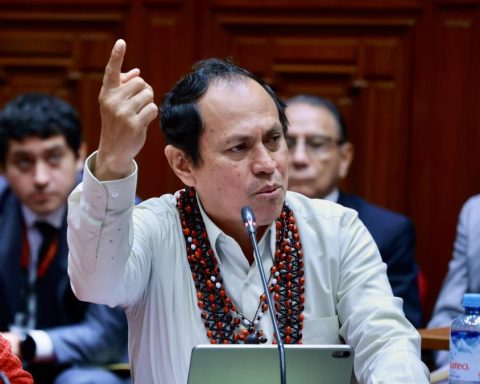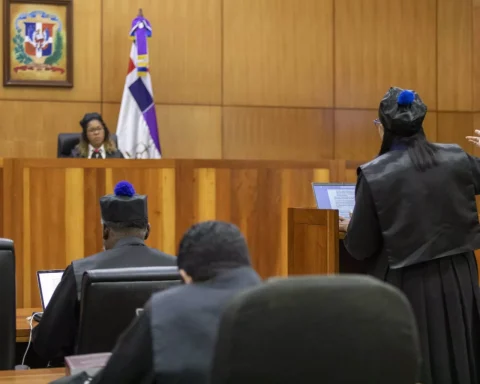Mike Waltz believes that the “Bolívar Law” sends a “clear and powerful message” to Nicolás Maduro and the other regimes in the world
US Congressman Mike Waltz, chosen as the future National Security Advisor of the White House once Donald Trump assumes power, welcomed on Monday, November 18, the approval in the US Congress of the so-called “Bolívar Law”, already that in his opinion a policy must be exercised to prevent the administration of Nicolás Maduro from continuing to abuse Venezuela’s prosperity.
“The United States should maintain existing sanctions against the regime and seek to expand sanctions to minimize Maduro’s resources to abuse the freedoms and prosperity of the Venezuelan people,” Waltz said. in a statement.
He believed that Venezuela is currently a “country in crisis” due to Maduro’s “illegitimate and authoritarian government”, as well as the policies that have been applied against the population, for which he asserted that US policy must be based on solidarity with political activists “strive to break the chains of oppression and not provide aid and comfort to their oppressors.”
*Read also: Trump will use the US Army to deport undocumented migrants
In that sense, Mike Waltz believes that this Bolívar Law sends a “clear and powerful message” to Maduro that there will be no tolerance or “appeasement” for all the “illegal and dishonest” actions that he and other regimes in the world have done.
The House of Representatives of the United States approved the Law Prohibiting Operations and Leases with the Illegitimate Venezuelan Authoritarian Regime, known as the BOLIVAR Law. This project, promoted by congressmen Mike Waltz and Debbie Wasserman Schultz, seeks to strengthen sanctions against the government of Nicolás Maduro and freeze additional assets under its control.
This was reported by Congresswoman María Elvira Salazar through social networks, who assures that the legislation cuts off an additional financial lifeline for the repressive apparatus of the Maduro regime.
The Bolívar Law, supported on a bipartisan basis, must be approved by the Senate before being signed by the president of the United States.
Post Views: 50

















